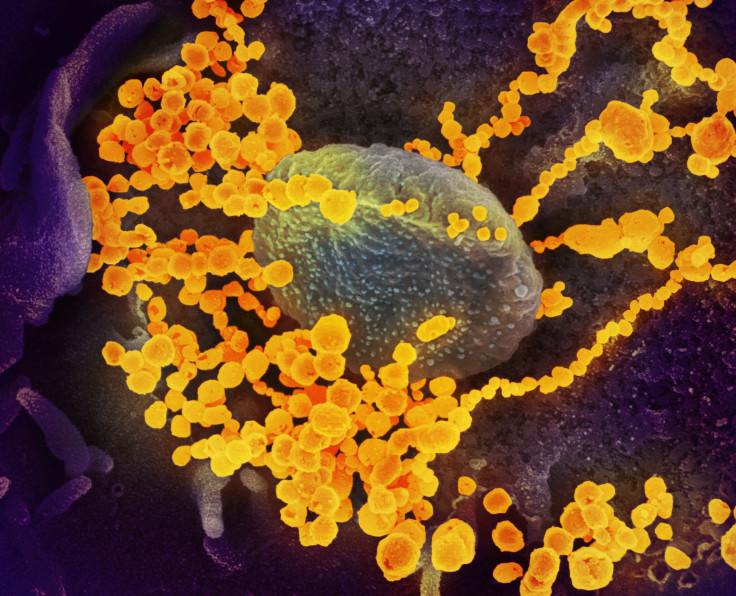Coronavirus Antibodies Study Reveals Herd Immunity Is 'Unachievable'
KEY POINTS
- Only 5% of persons involved in a Spanish study on herd immunity developed antibodies against the COVID-19 virus
- Herd immunity can only come about when 40%-60% of a population develop antibodies to a virus
- Herd immunity against COVID-19 through natural infection is a myth: study
Herd immunity from COVID-19 is unachievable through natural means and any such attempt to achieve that goal is highly unethical, the findings of a new study indicate.
The large-scale, three-phase clinical study was conducted by Spanish researchers -- the largest anywhere on herd immunity -- and confirms previous but smaller scale studies suggesting herd immunity from COVID-19 is a myth.
The peer-reviewed study involving a nationwide representative sample of more than 61,000 persons in Spain found just 5% of the population had developed antibodies after exposure to COVID-19. The corollary to this finding is a full 95% of Spain's population still remains susceptible to SARS-CoV-2 (severe acute respiratory syndrome coronavirus 2), the virus that causes COVID-19.
Spain was one of the European countries hardest hit by the pandemic. It has recorded more than 250,000 cases and 28,000 deaths from the virus.
Herd immunity, which was the goal of Sweden's failed experiment to counter COVID-19, is attained when a large part of a country's population has become infected by a virus or bacteria to naturally develop antibodies against the pathogen. Vaccination can also lead to herd immunity. For a population to have reached herd immunity naturally, anywhere from 40% to 60% of the people have to develop antibodies after being exposed to a virus.
The results of all three phases of the Spanish study were published in The Lancet. There have been similar but smaller studies about herd immunity in China and the United States.
A Lancet commentary on the Spanish study said "the key finding from these representative cohorts is that most of the population appears to have remained unexposed (to COVID-19) even in areas with widespread virus circulation."
"In light of these findings, any proposed approach to achieve herd immunity through natural infection is not only highly unethical, but also unachievable," said commentary authors Dr. Isabella Eckerle, head of the Geneva Centre for Emerging Viral Diseases; and Dr. Benjamin Meyer, a virologist at the University of Geneva.
The Spanish study began in April when Spain remained under a strict, government mandated lockdown to curb the spread of COVID-19.
The study said herd immunity at present "is difficult to achieve without accepting the collateral damage of many deaths in the susceptible population and overburdening of health systems."

This is precisely what happened in Sweden where the death rate among elderly citizens was disproportionately high due to the country's herd immunity experiment.
Eckerle and Meyer also said this failure to attain herd immunity would mean "virus circulation can quickly return to early pandemic dimensions in a second wave once measures are lifted." This conclusion likely explains what's happening in the United States today when the virus is surging back.
Dr. Marina Pollán, director of the National Center for Epidemiology and the Spanish study's lead author, said some experts have computed around 60% of seroprevalence (the level of a pathogen in a population, as measured in blood serum) might mean herd immunity. She pointed out Spain is very far from achieving that number, according to CNN.
The results of the study's first phase, which was conducted from April 27 to May 11, published in The Lancet showed a nationwide antibody prevalence of 5%. The second phase results released on June 4 revealed a 5.2% national prevalence.
Results from the third and final phase were made public Monday. It showed the national prevalence still at 5.2%.
The study is titled "Prevalence of SARS-CoV-2 in Spain (ENE-COVID): a nationwide, population-based seroepidemiological study." The goal of this nationwide population-based study was to estimate the seroprevalence of SARS-CoV-2 infection in Spain at national and regional levels.
© Copyright IBTimes 2024. All rights reserved.





















